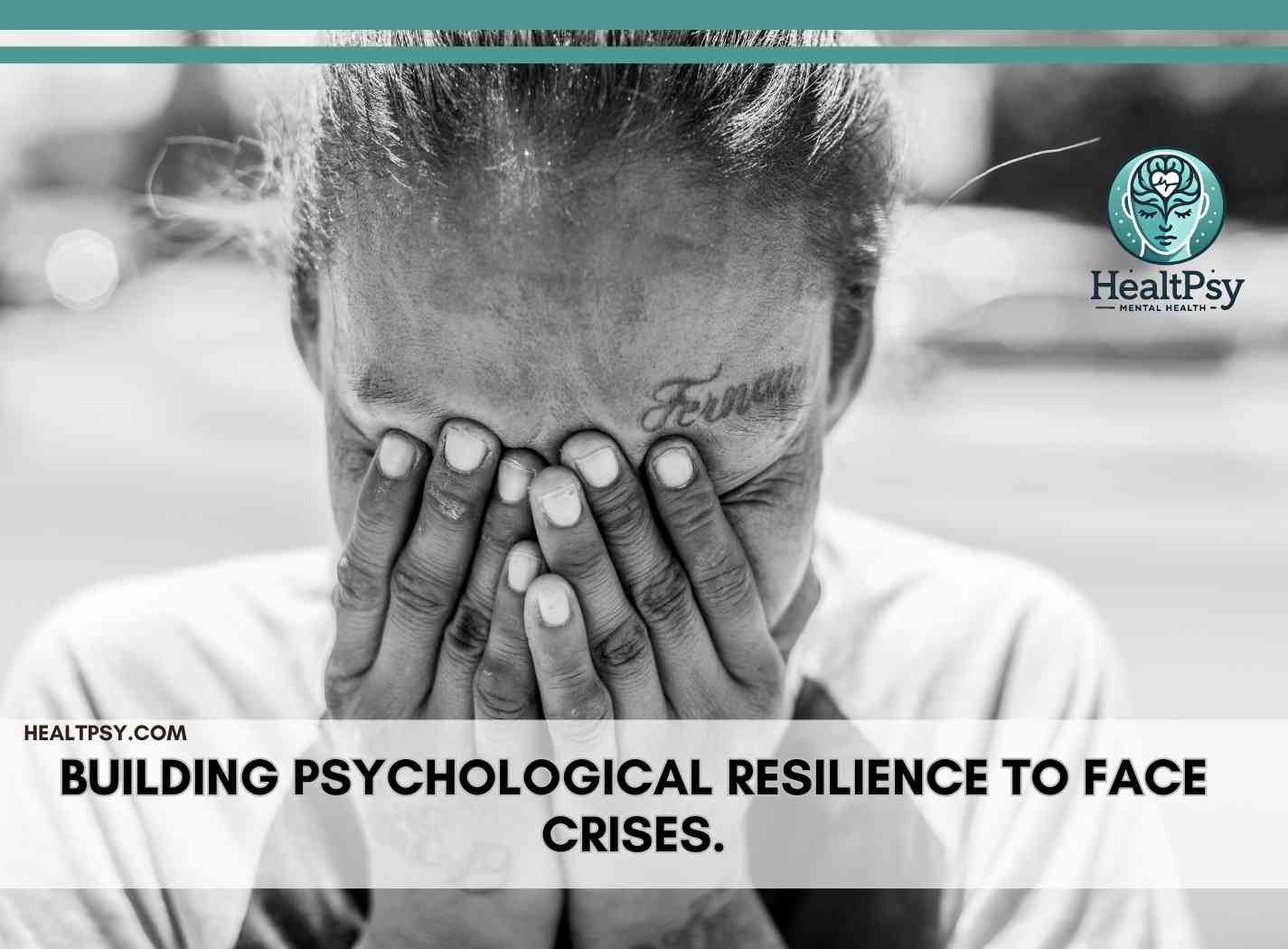5 Powerful Ways to Build Psychological Resilience in Crisis
Introduction
What is Psychological Resilience?
Psychological resilience refers to a person’s ability to cope with and bounce back from difficult experiences. It does not mean avoiding distress or hardship but rather **learning how to manage stress, adapt to change, and emerge stronger**. Resilience is not an inborn trait; rather, it is a skill that can be cultivated through consistent mental, emotional, and behavioral adjustments.
Resilience plays a vital role in maintaining mental health. Studies show that resilient individuals are less likely to develop anxiety and depression. They use challenges as opportunities for growth and remain motivated despite setbacks.
Key Characteristics of Resilient Individuals
1. Positive Mindset and Reframing Adversity
Resilient people do not ignore difficulties; instead, they **reframe challenges** into opportunities for growth. They focus on **solutions rather than problems** and maintain a hopeful outlook.
By shifting perspective, resilient individuals avoid feeling overwhelmed by negative circumstances. Instead, they learn from hardships and develop problem-solving skills that help them navigate future challenges.
2. Emotional Regulation
Rather than suppressing emotions, resilient individuals understand and process them in a healthy way. This prevents **emotional overwhelm and burnout**.
Emotional intelligence is a core component of resilience. It enables individuals to recognize stress triggers, understand their emotions, and develop strategies to cope with difficult feelings.
3. Strong Social Connections
Having a **supportive network of friends, family, or mentors** helps resilient individuals feel secure and understood, reducing feelings of isolation during tough times.
Strong relationships provide emotional support, encouragement, and different perspectives on challenges, which make stressful situations easier to manage.
5 Practical Strategies to Build Psychological Resilience
1. Reframe Negative Thinking
Replace self-defeating thoughts with empowering affirmations and view failures as learning experiences rather than permanent setbacks.
Developing a growth mindset is essential. Instead of thinking, “I can’t do this,” replace it with “I will learn how to handle this challenge.”
2. Develop Strong Coping Mechanisms
Engage in **journaling, therapy, or self-reflection** to process emotions constructively. Practice **deep breathing exercises** to calm stress responses.
Incorporating mindfulness techniques, such as meditation and gratitude exercises, can further improve resilience by promoting mental clarity and relaxation.
3. Strengthen Social Connections
Engage in **community activities** or professional networks and maintain close relationships that offer encouragement and perspective.
Seeking guidance from trusted individuals fosters a sense of belonging and provides a safety net during difficult times.
4. Maintain Physical and Mental Well-Being
Exercise regularly to **reduce cortisol levels and enhance mood**. Prioritize **good sleep and nutrition** to maintain energy and focus.
Physical activity not only improves mood but also helps individuals build mental discipline, which is crucial for overcoming adversity.
External Resources on Psychological Resilience
Related Articles
Conclusion
Building **psychological resilience** is essential for overcoming life’s inevitable challenges. Through **self-awareness, emotional regulation, strong relationships, and adaptive coping strategies**, individuals can strengthen their resilience and thrive in any situation.
Resilience is not about avoiding problems but about facing them with confidence and adaptability. By practicing these strategies, anyone can develop resilience and improve their ability to handle adversity.
you might also like





